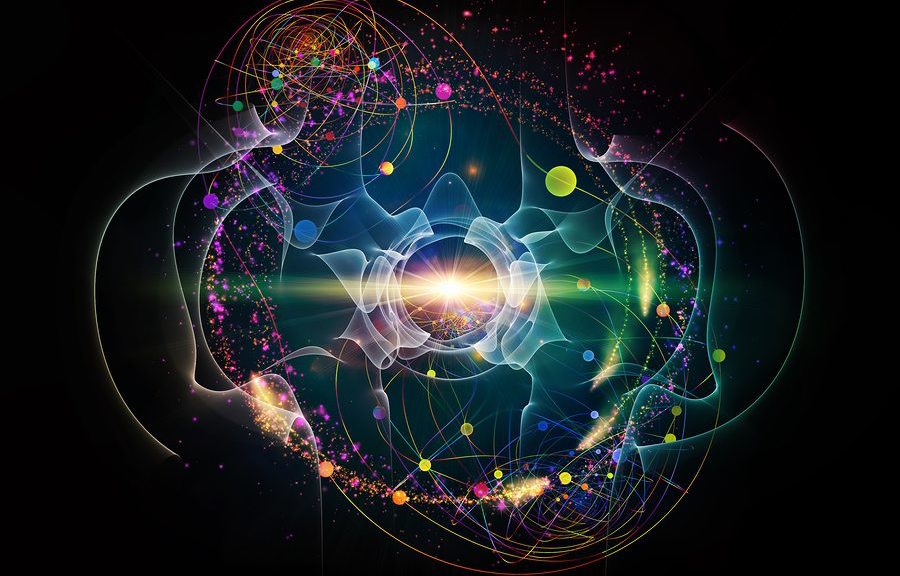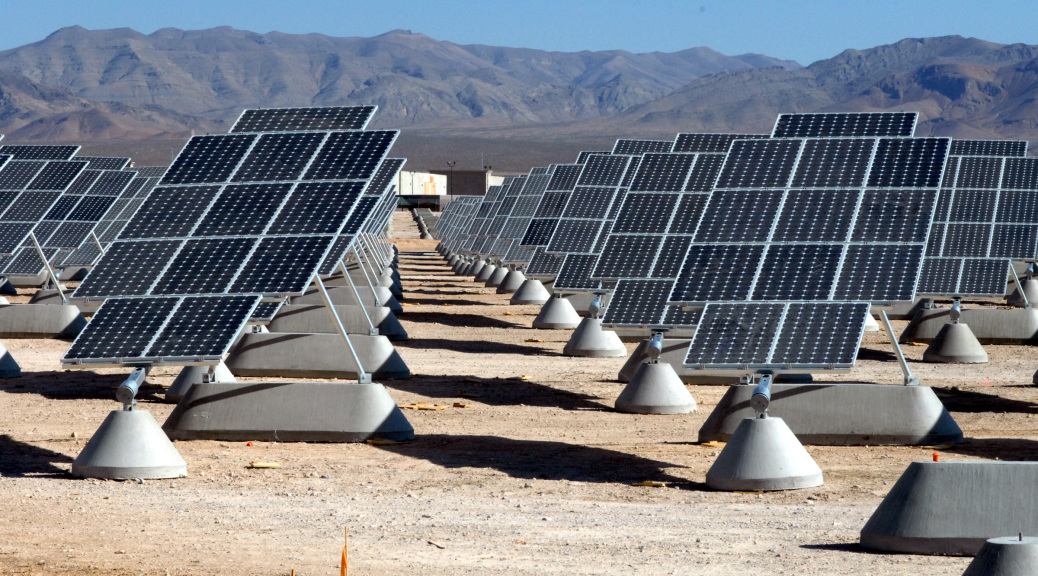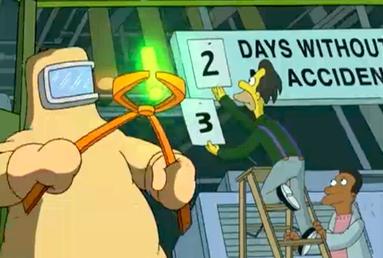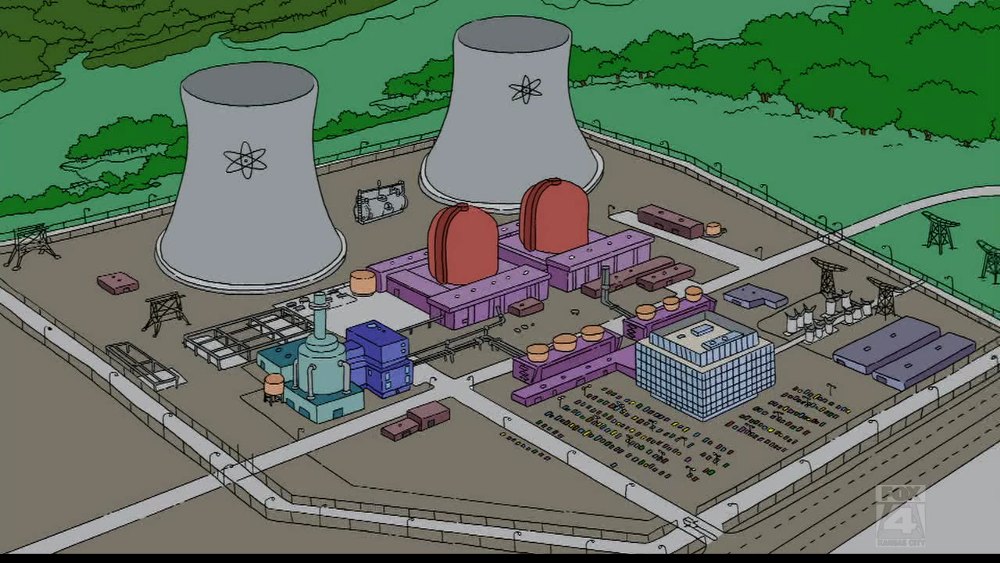The Nuclear Energy Series continues! The last post discussed climate change, and who is to blame for it (hint: us). This series has been intended to be an unbiased look at nuclear energy to power our high-energy lifestyles, especially for an eventual transition to a post-carbon society that doesn’t significantly affect the climate. First, I wrote up an introduction to nuclear power, which included a description of the two main reactions (fission and fusion) and the basics of how a nuclear power plant work. After that, I looked at the different fuels for fission power plants that are operational today, and the option of potentially moving to thorium nuclear power. This time, we’ll look at what is considered by many to be the holy grail of nuclear power: fusion! Continue reading Nuclear Energy Part 3: Fusion – The Holy Grail of Energy
Tag Archives: energy
Who is to Blame for Climate Change?
We established in the last article on the post-carbon energy transition that humanity is dependent on fossil fuels for our modern way of life and that, despite the claims of renewable energy proponents, renewables cannot practically power our electrical grids, fuel our transportation systems, or heat our houses in the winter. If that is the case, why are governments and corporations blamed for climate change, and who is ultimately responsible for it? In this post we’ll discuss the social aspects of the post-carbon energy transition in an attempt to put into perspective the task ahead. Continue reading Who is to Blame for Climate Change?
A Post-Carbon Energy Transition
For reference, I’m taking the following as given: climate change is real, it is caused by fossil fuel emissions, and the goal of a post-carbon energy future is an admirable one. At this point in the 21st century, I believe most well-informed people would agree with the above, but there are nuances to each of these issues which prevents global consensus.
Climate change may be real, but its impact both short and long-term is unknown. The same could be said for the effect carbon emissions have on climate. We know it’s increasing average temperatures, but the exact cause and effect is poorly understood. Lastly, a post-carbon energy future is the ultimate goal in eventually restoring some kind of balance with the planet, but at what point can we make the switch? The answer to this question can be nebulous, black and white, or yet to be proven… depending on what you believe to be possible. The difficulty in answering this question is that energy touches almost every aspect of human civilization, so proposing any kind of dramatic shift in the way energy is produced, consumed, or priced will have profound effects on our society. Continue reading A Post-Carbon Energy Transition
Nuclear Energy Part 2: Fuels for Fission
Furthering our exploration of different energy sources that are alternatives to fossil fuels, let’s take a closer look at the energy source that was introduced in the last post, nuclear energy. In that post, I introduced where nuclear energy comes from (the nucleus of the atom), and that there are two types of reactions: fusion, and fission. After that, we learned that the heat and light from a nuclear reaction can be used directly as a heat source, or to create high-pressure steam that can then turn a turbine to create mechanical energy, or if connected to a electrical generator, electricity. This is very similar to the use of fossil fuels; the source of heat is just nuclear, not chemical.
This time, we’ll learn a bit more about exactly which types of atoms/nuclei are used as fission fuels. Not just any ol’ nucleus will do. Theoretically, in the right circumstances, any nuclei can react. Practically speaking, however, there are only a few options that really make sense for potent energy production here on Earth. Continue reading Nuclear Energy Part 2: Fuels for Fission
Nuclear Energy Part 1: What is Nuclear Energy?
With regards to energy, so far I have talked about why energy is awesome, gone over the basics of energy, and explored how the consumption of energy affects quality of life. With all that out of the way, I want to start taking a look at energy sources that are alternatives to fossil fuels (fossil fuels accounting for over 80% of current energy sources).
For this post, let’s take a look at a very polarizing energy source: nuclear energy. Continue reading Nuclear Energy Part 1: What is Nuclear Energy?
Energy and Human Lifestyles
The first post on energy briefly explained how the human use of energy is awesome, while the second post went over the basics of energy and introduced the relevant lingo and concepts required to get into a more detailed discussion. This time, I want to further explore why energy is so great, and how it enhances the human experience. Continue reading Energy and Human Lifestyles





